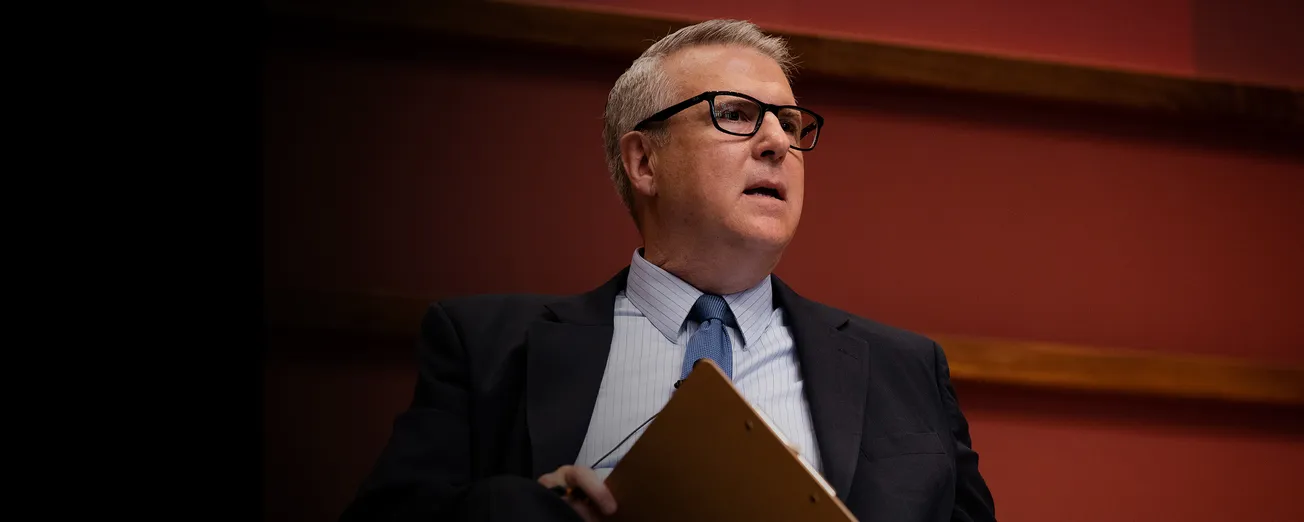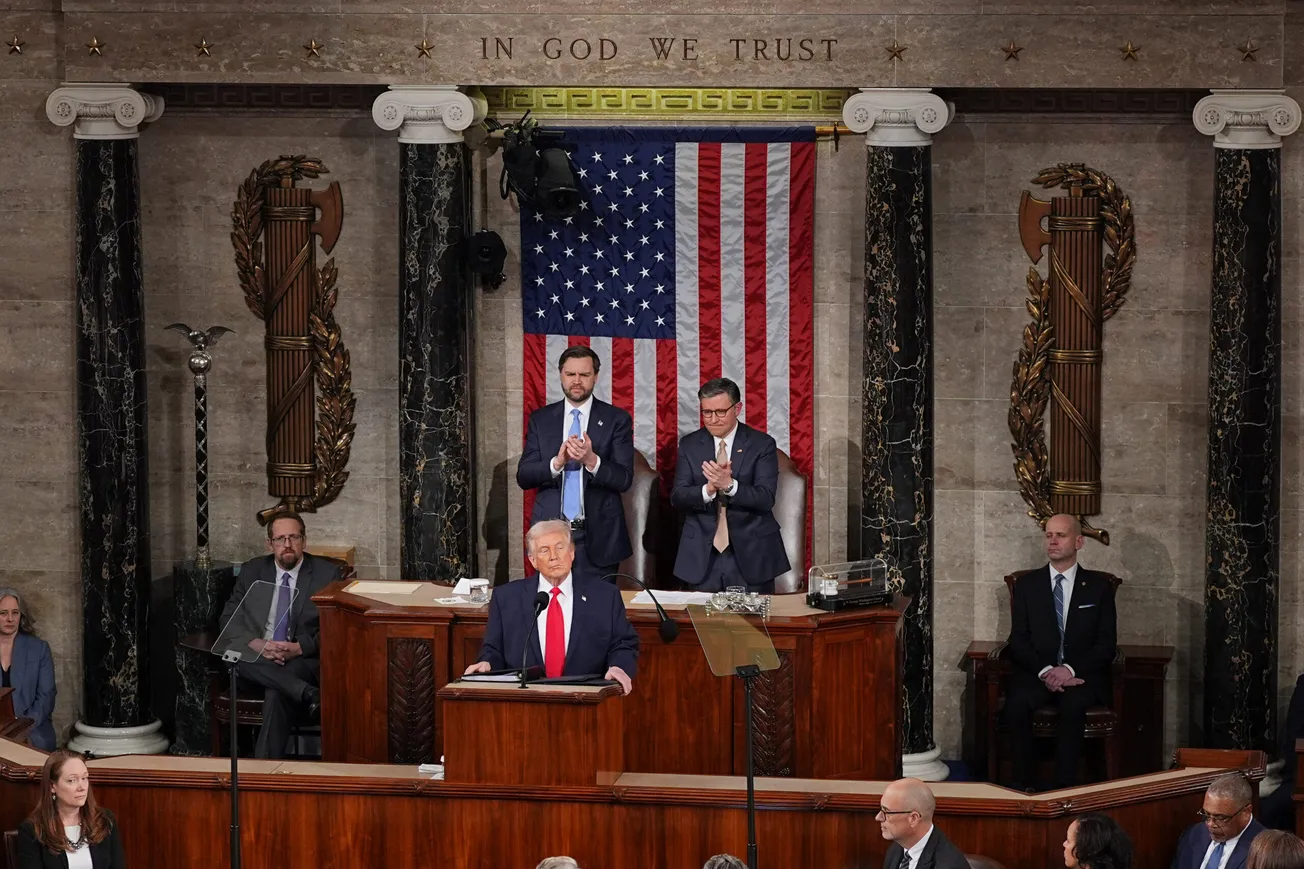Table of Contents
When I was young, my family tried to drive through Canada on a move to California. As we pulled up to the border, the officer asked if we had any firearms in our possession. My dad replied that he had a disassembled handgun in the trunk. He explained he was an active-duty Marine Corps officer, had no ammunition, and was merely trying to keep the weapon out of the hands of movers, but the officer informed us we could not enter Canada.
As we drove off to go the long way, my dad asked me if I thought someone who wanted to “rob the 7-11” would have handed over his weapon at the border. I said probably not. I’ll never forget my dad’s response. “That’s right,” he said, looking at me seriously. “Banning guns makes sure that all the ‘bad guys’ have guns and none of the ‘good guys’ do.” Granted, my dad was pretty upset that we had to drive around Canada. But for some reason it’s been one of those things that’s stuck with me.
I have always been sympathetic towards gun rights activists. My grandfather, a proud card-carrying member of the NRA, is something of a “gun nut,” and our family reunions often include mandatory shooting activities with his hefty arsenal. Partly because of all this and partly due to my healthy military upbringing, I firmly believe every law-abiding, mentally stable individual has the “right to keep and bear arms,” as guaranteed by the Second Amendment.
That said, however admirable our nation’s fears of compromising fundamental rights of the Constitution are, they have often caused us to gloss over real gun problems. On average, 32,000 people a year lose their lives to some of the approximately 300 million guns in this country, with another 67,000 surviving their wounds. That ranks us eighth as a worldwide leader for the most gun deaths per capita (with 2.7 deaths per 100,000). Even after more recent massacres like Virginia Tech and the assassination attempt on Rep. Gabrielle Giffords in Tuscon, we are slow to respond to gun violence.
The first step should be a crackdown on the illegal market. Experts estimate that only about 60% of guns are acquired from federally licensed gun shops. One study by the Department of Justice polled inmates and found that 39.2% of criminally used firearms were purchased on the black market, with another 39.6% acquired from friends or family. Another government agency found that only 18% of criminally used guns were in the possession of their original owners.
Laws allowing gun show vendors to sell without permits or background checks also contribute to the problem. Furthermore, twenty-four states allow citizens to sell firearms unhampered on private property. These loose or illicit weapons transactions should be treated with at least the same seriousness that we currently associate with the illegal drug market. Right now it is simply too easy to acquire firearms.
Background checks must be seriously revamped; investigators from the Government Accountability Office reported in 2001 that they were able to purchase firearms using fake IDs in all five state case-studies. This was possible because our current system merely clears the name on the ID handed in, while completely neglecting to check that the ID actually belongs to the buyer. Sellers of guns should be made legally responsible (to some degree) for the crimes committed with their firearms if they sell without a license or fail to perform adequate background checks; this policy would produce some incentive to do things correctly.
Additionally, all current and future gun-owners should be required to subject themselves to annual background checks that include mental health examinations and weapon re-registration. This is sure to ruffle the feathers of some conservatives and Libertarians, though I’m not sure why. Gun registration and background checks are already the law of the land (however poorly enforced), and annual mental health checkups would only aid gun owners in their pursuit of self-defense. If they are truly responsible and qualified enough to possess a firearm, they have no cause to worry. Jumping through a few hoops is a small and reasonable price to pay to simultaneously preserve the right to bear arms and increase security.
Right-to-carry laws and Child Action Prevention (CAP) laws should also be federally legislated. When they make improper storage of weapons a felony (and not just a misdemeanor), CAP laws have been shown by the National Bureau of Economic Research to reduce non-fatal gun injuries by as much as 40%. Much to gun-owners’ delight, right-to-carry laws have also been shown to decrease gun violence.
Finally, the Federal Assault Weapons Ban should be renewed. There is simply no need for citizens to possess this kind of firepower; the sole purpose of these weapons is widespread destruction. The three most commonly cited reasons for gun possession—self-defense, hunting, and target practice—can all be satisfied with safer firearms.
The right to bear arms is indeed guaranteed by the Constitution, and as with every fundamental right, special caution should be exercised when creating legislation that limits or abridges it in any way. But just as common-sense regulations have qualified the freedoms of speech, religion, assembly, and press, careful and calculated gun control legislation can protect individual rights while ensuring a safer environment and greater peace of mind for all.




